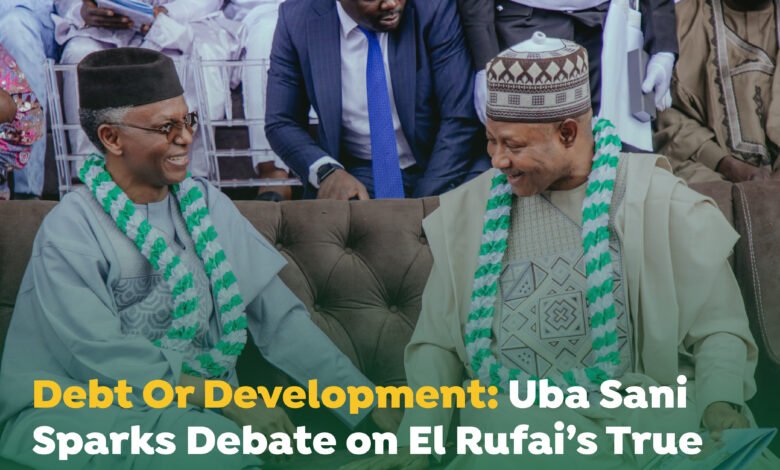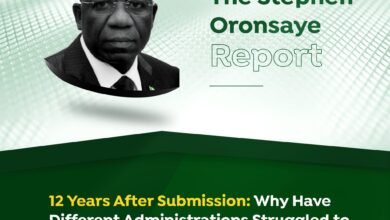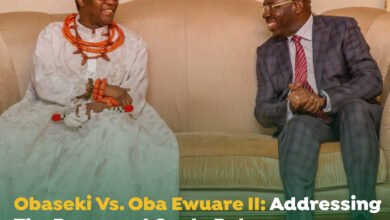
Last weekend, Governor Uba Sani of Kaduna State sparked a debate on the legacy of his predecessor, Nasir El Rufai, with comments on the state’s debt burden and the growing incapacity of the state to meet its basic obligations. Speaking during a town hall convened to provide an account of his leadership thus far to the electorate, Sani bemoaned his ‘sad’ inheritance of the debt burden of $587 million, N85 billion, and 115 contractual liabilities from the El Rufai administration.
Using the month of March as a case in point, the governor said N7 billion out of the N10 billion federal allocation for the state was deducted in debt repayment, threatening the state’s ability to settle its wage bill, which stands at N5 billion. According to him, the rise in the exchange rate has meant that the state has to pay more to settle foreign-currency-denominated debt.
The facts disclosed by the governor are not particularly new, nor should his disclosure of them to the people for context in the appraisal of his stewardship be deemed controversial. El Rufai himself publicly announced the debt he left behind in his farewell message, in which he ‘commiserated’ with his successor over the tremendous amount of work he earned himself by winning the election. But the timing, alongside reports of a split between the two, has sent the rumor mills spinning.
El Rufai has spent the past few weeks holding a series of closed-door meetings with figures opposed to the APC, the party in control at the center and in Kaduna State. Political watchers speculate that he is thick in a plot to establish a ‘mega opposition’ party, uniting an assortment of disgruntled political members across key parties in the country. Before then, his lack of ‘human touch’ was blamed for the APC’s struggle to retain the state. Uba Sani won the election with a little over 10,000 votes and would have lost had the Labour Party’s candidate not drawn votes away from the major opposition in a key district.
As a result, Uba Sani decided to chart a different path upon assumption, according to government house sources. He maintained an obvious distance from his predecessor and attempted to undo his controversial decisions. The comments on the debt profile at the town hall are considered part of the trend. Beyond potentially straining their relationship further, it has invited questions on El Rufai’s legacy and the acceptable debt limit required to drive development in a state struggling to break even.
Supporters of El Rufai contend that the debts incurred were necessary to grow the state’s capacity and position it for sustainable development, particularly through increased revenue generation. For instance, the $350 million secured by the El Rufai administration from the World Bank was meant to finance reforms required for revenue growth and investment attraction. Under El Rufai, the state’s IGR grew from N11 billion to N58 billion.
Additionally, the incumbent governor was instrumental in the acquisition of the loan. He defeated Shehu Sani to become Senator, before successfully vying for the governorship position, owing to El Rufai’s determination to facilitate the exit of the afro-wearing politician who led efforts to block the loan at the National Assembly.
Questions remain whether the infrastructure upgrade and IGR growth witnessed under El Rufai are commensurate with the debt burden he brought upon the state. His political future also seems shaky, with lots of uncertainties and booby traps. Seemingly isolating himself from the center and now facing rejection at home, he may need to revisit the drawing board.





